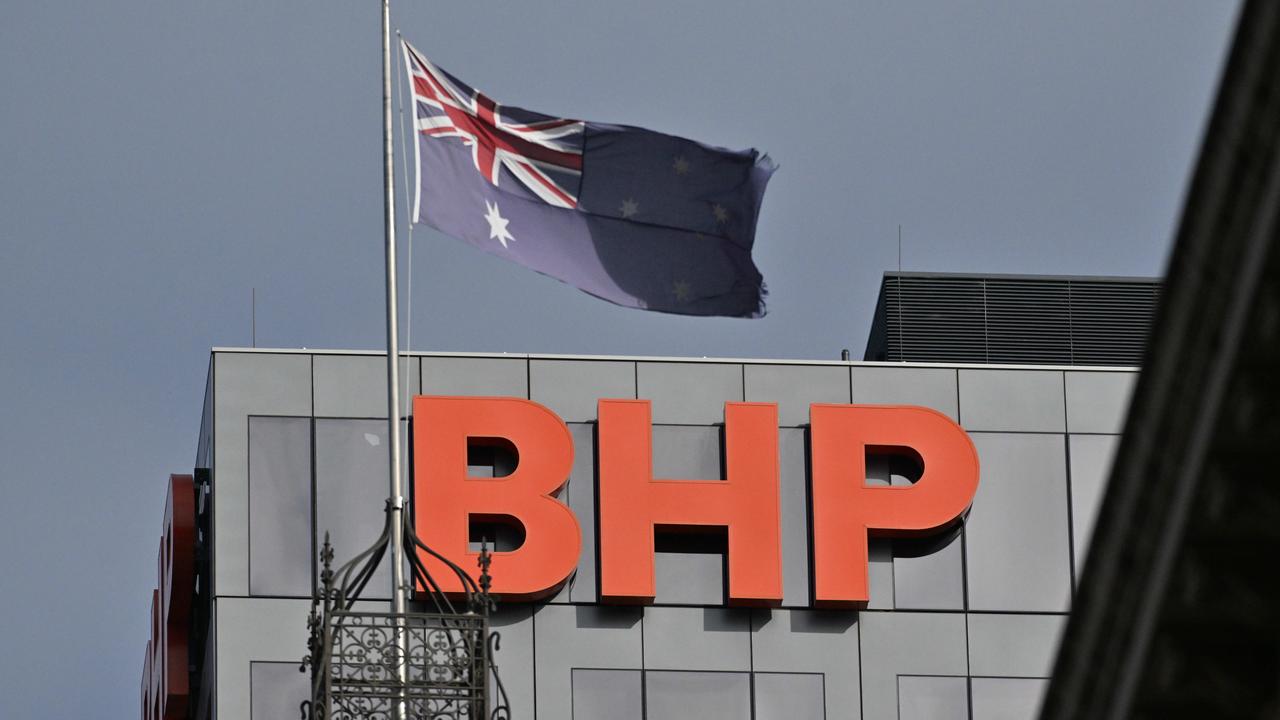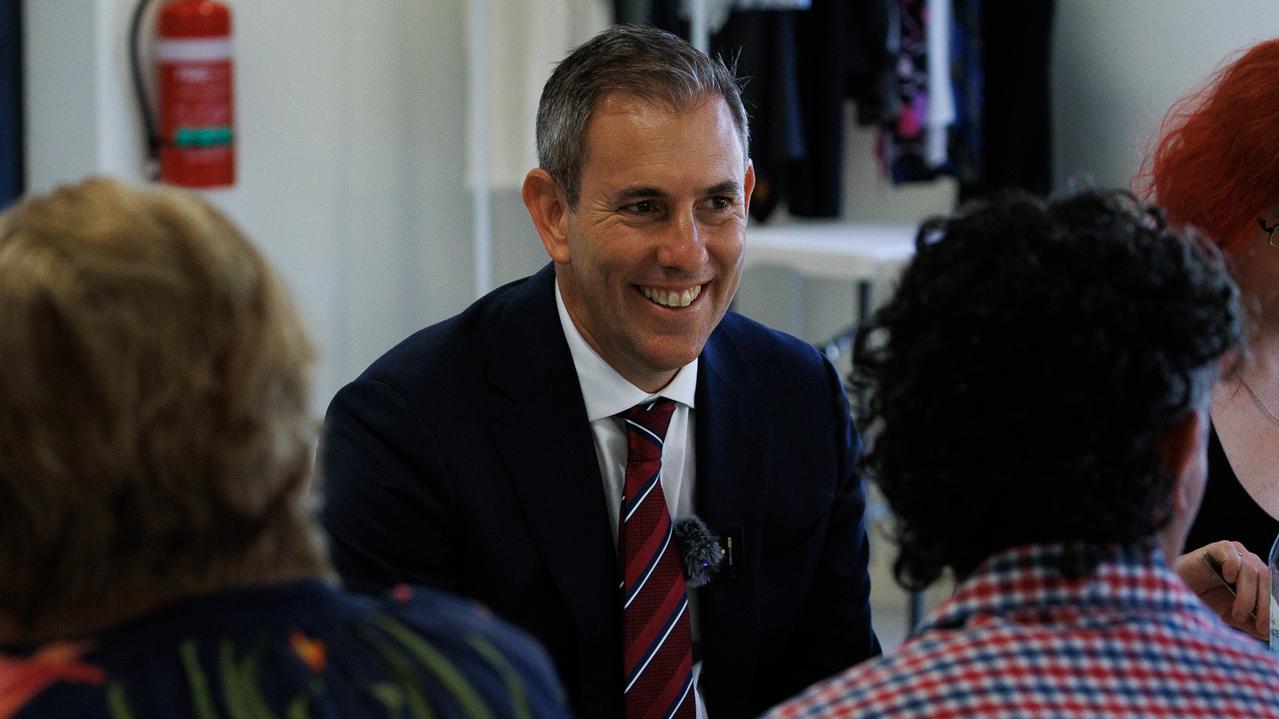Federal Budget 2017: Tax breaks score a home run for buyers
TAX breaks and a tightening of negative gearing is at the centre of the Turnbull government’s plan to stop Sydney’s runaway house prices.
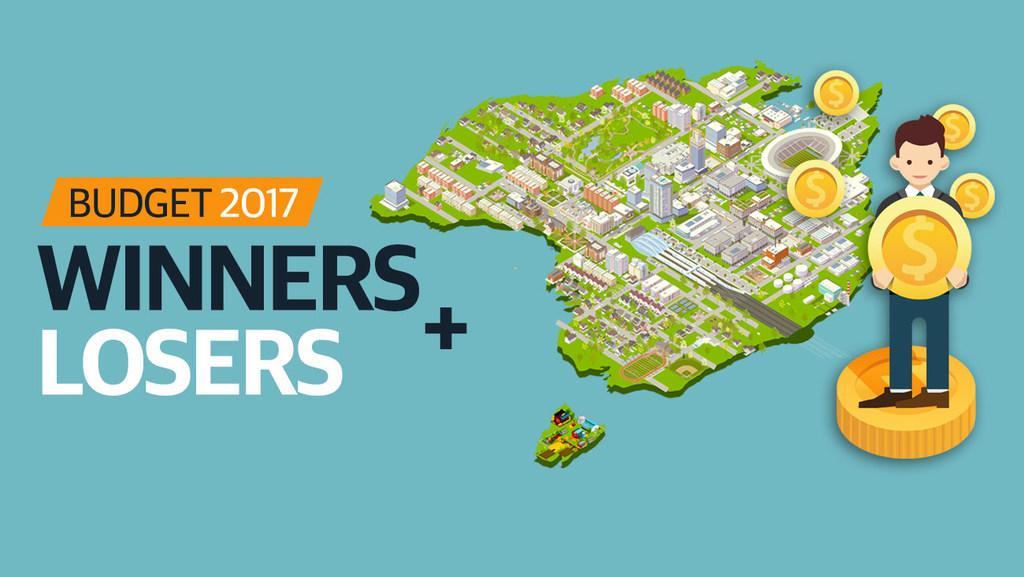
Federal Budget
Don't miss out on the headlines from Federal Budget. Followed categories will be added to My News.
- Your five-minute guide to the 2017 Federal Budget
- Budget 2017: Scott Morrison resets Government’s agenda
TAX breaks and a tightening of negative gearing is at the centre of the Turnbull government’s plan to stop Sydney’s runaway house prices.
And foreign owners will also face more scrutiny, with new restrictions to ensure Australians will own at least 50 per cent of any new housing developments.
Treasurer Scott Morrison unveiled a raft of measures, including giving first home buyers a better tax rate on up to $30,000 for a deposit via the superannuation system.
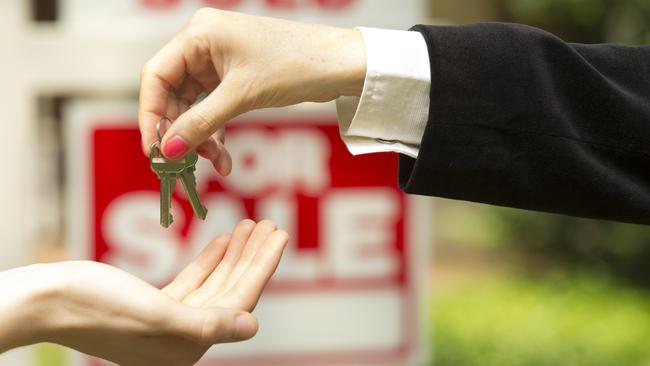
Retirees who want to downsize will also no longer be penalised for putting more money into their super to encourage them to move into smaller homes. The limit will be $300,000.
But that’s regardless of if they have already hit the $1.6 million contribution limit taxed at a lower rate.
And in a tightening on negative gearing that could blunt Labor’s housing rhetoric, the government will save $700 million over four years by barring property investors from claiming travel expenses and limiting how much can be claimed on fixtures such as dishwashers.
Sing-a-long with Sco-Mo to our Budget 2017 playlist
That clampdown will mean investors travelling to inspect or maintain their rental property cannot claim those costs against their mortgage. The cost of real estate agents will still be deductible.
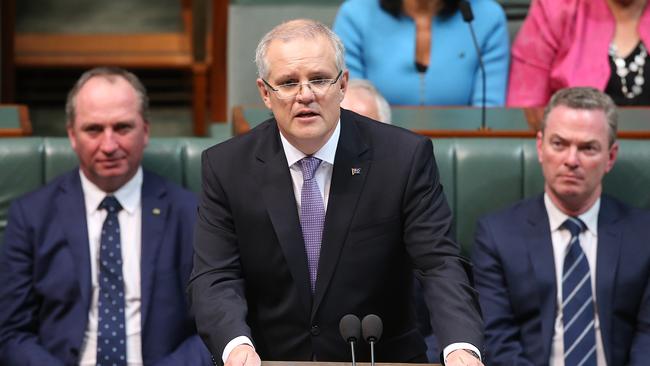
Capital gains tax breaks will also be tightened for people who live overseas but own property in Australia, denying them the exemption through the definition of “main residence”. Foreign owners who leave properties vacant will be hit with a $5000 fine.
It only applies to purchases from Tuesday, meaning it will only raise $16.3 million in four years.
Mr Morrison will also restrict foreign owners in new housing developments to no more than 50 per cent.
“There is no silver bullet to make housing more affordable,” the Treasurer said last night in his Budget speech.
“But by adopting a comprehensive approach, by working together, by understanding the spectrum of housing needs, we can make a difference.”
The most recent outlook survey compiled by CoreLogic RP Data showed 62 per cent of people thought housing affordability had deteriorated.
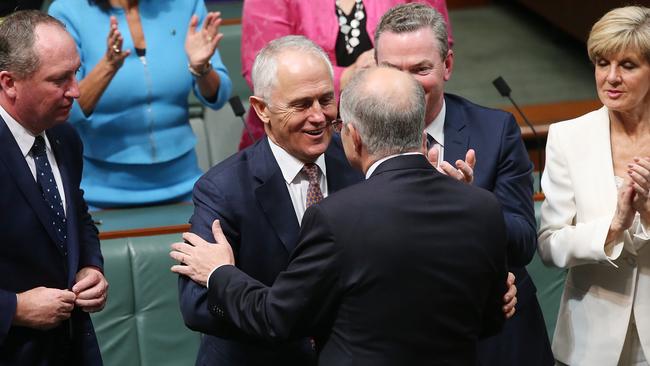
Fifty-eight per cent thought it would worsen.
About 70 per cent supported government concessions for first home buyers.
In Sydney, home prices jumped 16 per cent over the year to the start of May, with the median price hitting $860,000.
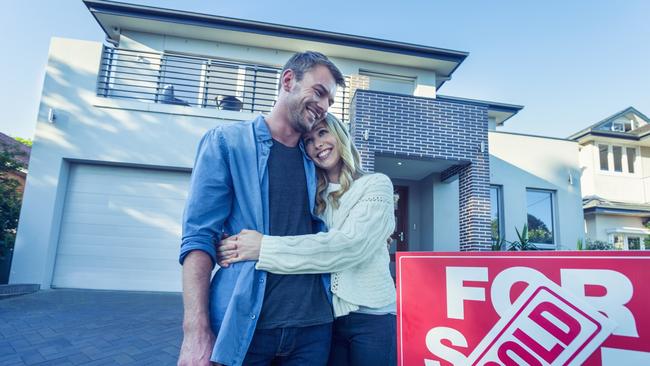
Under Mr Morrison’s plan, first-home buyers will be able to take out voluntary contributions made to their super at 30 per cent less than their usual tax rate.
A couple who contribute $10,000 voluntarily to their super for three years will be about $12,500 better off if they put that money toward their first deposit, Treasury said. The Turnbull government will also provide $1 billion to fund critical infrastructure to speed up new housing supply.
And it will launch the Western Sydney City Deal to support planning and zoning reform, although details are not finalised.
Quirky stuff we learnt from the 2017 Federal Budget
About $63 million has also been set aside to start the Housing Finance and Investment Corporation, which will lend money to community housing providers for cheaper and for longer. Kasia Stalmach is proof that you can be a Hollywood star and still find the Sydney property market extremely difficult.
Ms Stalmach, who played Marlene Moon in Baz Luhrmann’s Great Gatsby, and now runs creative space leasing business Hub Australia, is frantically trying to save for a deposit with her partner Marchello D’Atilia.

She said tax breaks through the super system, which the government expects will cost it $250 million over four years, would make a big difference.
Ms Stalmach said she felt like she had been saving “virtually her whole life” yet was still struggling.
“We’re looking for an apartment in the Eastern Suburbs, and to get a 20 per cent deposit we’re going to need at least $150,000,” the 29-year-old, who is renting in Bondi, said.
Catherine McGregor: Play-it-safe Budget reveals the real Malcolm
“I’d love a house, but it would be impossible to afford where we want to buy. I’m European so I’ve been saving pretty much my whole life and my partner has been saving the past few years.
“We’re both lucky that we have good incomes — but even for us it’s a struggle.”
Ms Stalmach said they mostly ate home-cooked meals to save money and had tried cutting back on small costs like coffee, but were running out of new ways to save.
“Anything the government does to help first home buyers makes a difference,” she said.
“We’re hoping we might have saved enough by next year.” The plan is similar to one floated a decade ago by then opposition leader Kevin Rudd, in a Labor document called New Directions in Affordable Housing.
That proposal said one way “to help families make up the deposit gap is by launching a new savings vehicle”. However, Mr Rudd’s proposal would have created a separate account outside the super system with a lower tax rate.
My fair tradies have their say
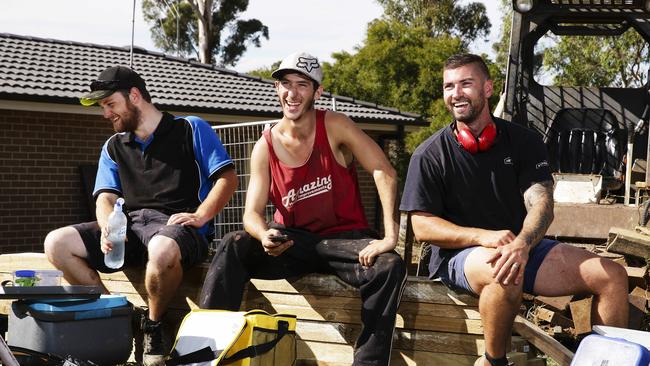
“BLOODY ridiculous” housing prices and welfare cheats “being handfed money” — these tradies aren’t using pollie waffle when it comes to the 2017 budget.
Taking a break at their western Sydney worksite, the group was singing the praises of Treasurer Scott Morrison for enshrining the Australian “fair go” by tackling cost of living and welfare cheats. Tyson Fitzgerald, 20, works 50 hours a week as an apprentice — earning just $46,500 a year.
Kochie’s verdict on the 2017 Federal Budget
“If you’re being handfed money and not even trying to get a job while the rest of us are busting our arses off you don’t deserve it,” he said.
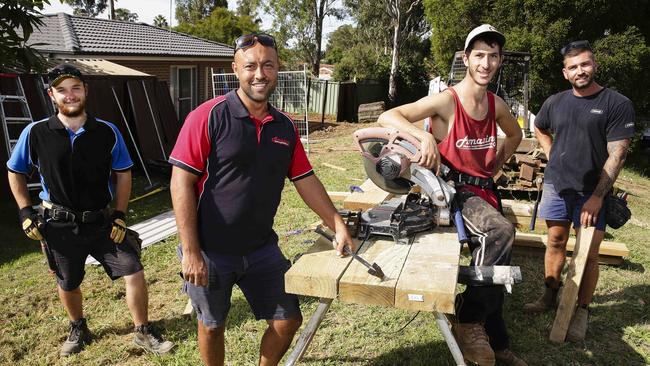
Mark Cornelio is married with a household income of $150,000. He welcomed help for pensioners, telling The Daily Telegraph he feared how his body would fare later in life after decades of working as a tradie.
Shea Davies, a first year carpentry apprentice, said he had already resigned himself to the fact “he would never own a home”.
“Anything that creates employment or infrastructure in western Sydney is good for me because that means more housing and more work,” he said.
Originally published as Federal Budget 2017: Tax breaks score a home run for buyers

